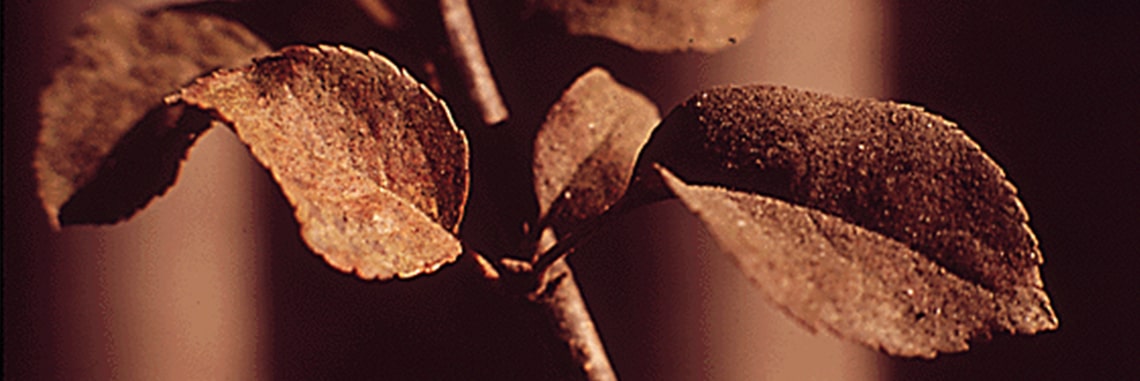
The Contemplative Call to Nature
God Is Not Only “Over There”
Sunday, April 18, 2021
The core message of the incarnation of God in Jesus is that the Divine Presence is here, in us and in all of creation, and not only “over there” in some far-off realm.
Indigenous religions largely understand this, as do some scriptures (see Daniel 3:57–82 [1], or Psalms 98, 104, and 148). In Job 12:7–10 and most of Job 38–39, YHWH praises many strange animals and elements for their inherently available wisdom—the “pent-up sea,” the “wild ass,” the “ostrich’s wing”—reminding us humans that we are part of a much greater ecosystem. Creation offers lessons in all directions. “Is it by your wisdom,” God asks Job, and us by extension, “that the hawk soars, and spreads its wings to the south?” (Job 39:26) The obvious answer is no.
God is not bound by our commonly held presumption that humans are the center of everything. Creation did not actually demand or need Jesus (or us, for that matter) to confer additional sacredness upon it. From the first moment of the Big Bang, nature was revealing the glory and goodness of the Divine Presence; it must be seen as a gratuitous gift. Jesus came to live in its midst, and enjoy life in all its natural variations, and thus be our model and exemplar. Jesus is the gift that honored the gift, we might say.
Strangely, many Christians today limit God’s providential care to humans, and very few of them at that. How different we are from Jesus, who extended divine generosity to sparrows, lilies, ravens, donkeys, the grasses of the fields (Luke 12:24, 27–28), and even “the hairs of the head” (Matthew 10:30). No stingy God here! (Although God did neglect the hairs of my head.) But what stinginess on our side made us limit God’s concern—even eternal concern—to just ourselves and our group? And how can we imagine God as caring about us if God does not care about everything else too? If God chooses and doles out care, we are always insecure and unsure whether we are among the lucky recipients. Yet once we become aware of the generous, creative Presence that exists in all things by their very nature, we can honor the Indwelling Spirit as the Inner Source of all dignity and worthiness. Dignity is not doled out to the supposedly worthy. It grounds the inherent worthiness of things in their very nature and existence.
The true and essential work of all religion is to help us recognize and recover the divine image in everything. It is to mirror things correctly, deeply, and fully until all things know who they are. A mirror by its nature reflects impartially, equally, effortlessly, spontaneously, and endlessly. It does not produce the image, nor does it filter the image according to its perceptions or preferences. Authentic mirroring can only call forth what is already there.
Reference:
[1] This apocryphal passage is included in Catholic but not in Protestant Bibles.
Adapted from Richard Rohr, The Universal Christ: How a Forgotten Reality Can Change Everything We See, Hope for, and Believe (Convergent: 2021, 2019), 29, 56–57, 59.
Story from Our Community:
Raised a Western Christian, I believed in a distant God, keeping track of my behavior. If I was good, I would be with God in heaven. If bad, I would be sent to hell or punished until worthy. As I got older, I believed God was much closer, even closer to me than my breath. Eventually, through the study of Eastern wisdom, I came to see that God incarnate is us and all creation. Western Christianity stays dualistic, but I haven’t. The story of my life has been moving from dualism to unitive, and I am happy and grateful for that movement. —David D.

